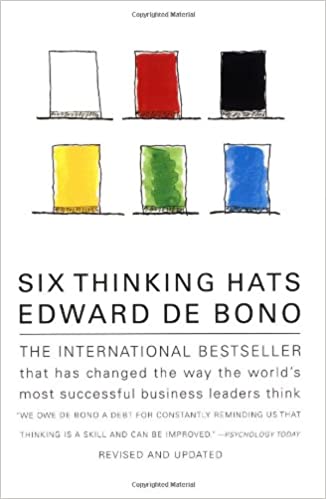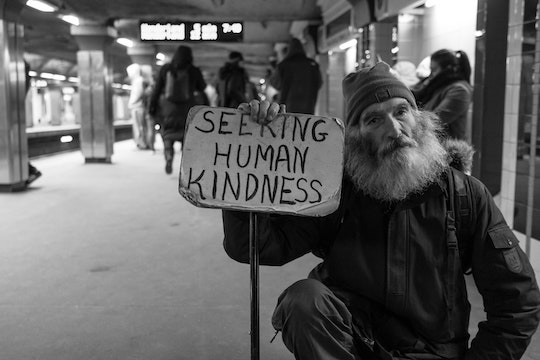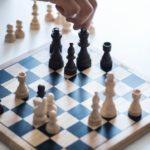“There is a vastness that quiets the soul, but sometimes we are so squarely in the midst of life’s forces that we can’t see what we’re a part of.”
—Mark Nepo, Author of The Book of Awakening
Wendy and I purchased our 3½ year-old grandson a junior planetarium as one of his holiday gifts. Weston loves anything to do with the planets, rocket ships, and learning new things.
Those first few weeks when his toy was a novelty, he often urged me into his room — complete with room darkening curtains — to swap out the numerous discs with multiple images like the old viewfinders from childhood.
Beyond the many beautiful images of the other planets, nebulae, and star fields, we always paused a bit longer when we saw the photo of the earth to see the big picture of where we all live.
EXERCISE:
Where and when do you take the time to zoom out far enough from your daily activities to see what you are part of? Try this zoom out technique and see if and how this wider view quiets your soul.












